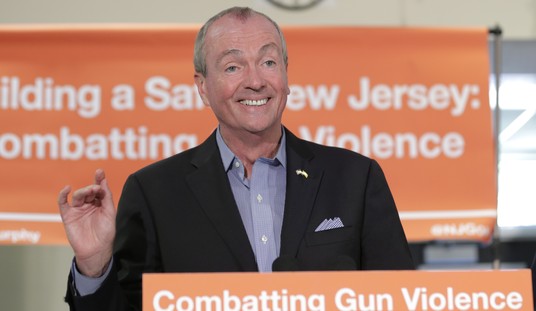People hoping to access improved ground transportation service in Massachusetts were no doubt cheering a court decision handed down in the Bay State this week. A U.S. District Judge has tossed out a challenge to a new law which allows Uber and other ride sharing operations to conduct business in the state without being penned in by the old system which gave large taxi companies a virtual monopoly in the market. This is only one of several similar victories for Uber in recent months and the taxi companies and their unions seem to be seriously on the ropes. (Biz Journal)
A lawsuit filed against a number of state officials, including Gov. Charlie Baker, over the new Massachusetts law regulating ride-hailing companies like Uber and Lyft was dismissed Tuesday in a decision Uber applauded.
U.S. District Judge Nathaniel Gorton denied the Boston Taxi Owners Association’s request for an injunction on the law, passed last July, that instituted a number of state rules around “transportation network companies” like Uber, exempting them from local regulations that affect taxi operations. The lawsuit had claimed the law is unconstitutional under the so-called Equal Protection clause because it treats taxi medallion owners differently from ride-hailing operators.
The taxi companies were trying to claim that they were receiving disparate treatment from the state, but the judge ruled that the state only had to demonstrate a “rational relationship between the disparate treatment and a legitimate government objective.” The objective in this case was to provide a variety of ground transportation options which fit in with emerging technology while providing improved levels of service for consumers.
The judge also shot down a second claim mad by the taxi owners saying that the law essentially devalued their medallions massively, causing unfair financial losses. That part is actually true, but the taxi medallion system is an antiquated, largely corrupt scheme. If you’re not familiar with how this program operates in most large cities, take a look at this analysis by Jason Snead at Heritage. Municipal governments have traditionally treated taxi companies like public utilities, limiting the maximum number of cabs which can operate. In order to have permission to operate a taxi, you need a medallion for it. This means that the government effectively holds a monopoly on the industry. It also creates a false value market because the cost of a medallion can be outrageous with such tight control of the supply. This stops new competition from entering the market and opens the door to all sorts of mischief between city officials and cab companies.
Being a different sort of operation, Uber, Lyft and others should not fall under those restrictions, and they increasingly do not. New competition means lower prices and improved service as operators fight for their piece of the market share. That’s precisely what we’ve seen with Uber, and it’s paying off for them in a big way. Bloomberg reports this week that Uber now accounts for the largest share of of the business market in ground transportation, surpassing both car rentals and cabs.
When Uber is winning, taxis aren’t the only ones losing. The ride-hailing startup increased its popularity among business travelers last year while use of rental cars and other traditional ground transportation options declined, according to Certify, the second-largest travel and expense management software provider in North America.
Uber Technologies Inc. accounted for 52 percent of total ground transportation transactions through Certify’s system last quarter, amassing a majority of the market for the first time. Uber first overtook rental cars by transactions a year earlier, though rental car bookings accounted for significantly more revenue.
We still don’t have Uber in the more suburban area where I live because… New York. But when I travel to other cities I exclusively use Uber. The features they provide in their phone app make it so superior in terms of reliability and service that there’s simply no competition. Also, the costs tend to be equal to or lower than taking a cab while the quality of service is vastly better. The only thing keeping cab companies afloat at the moment is the influence of their industry on state and municipal governments, but that era seems to be drawing to a close. Cab companies will either need to step up their game and provide better service or go the way of the dodo.









Join the conversation as a VIP Member